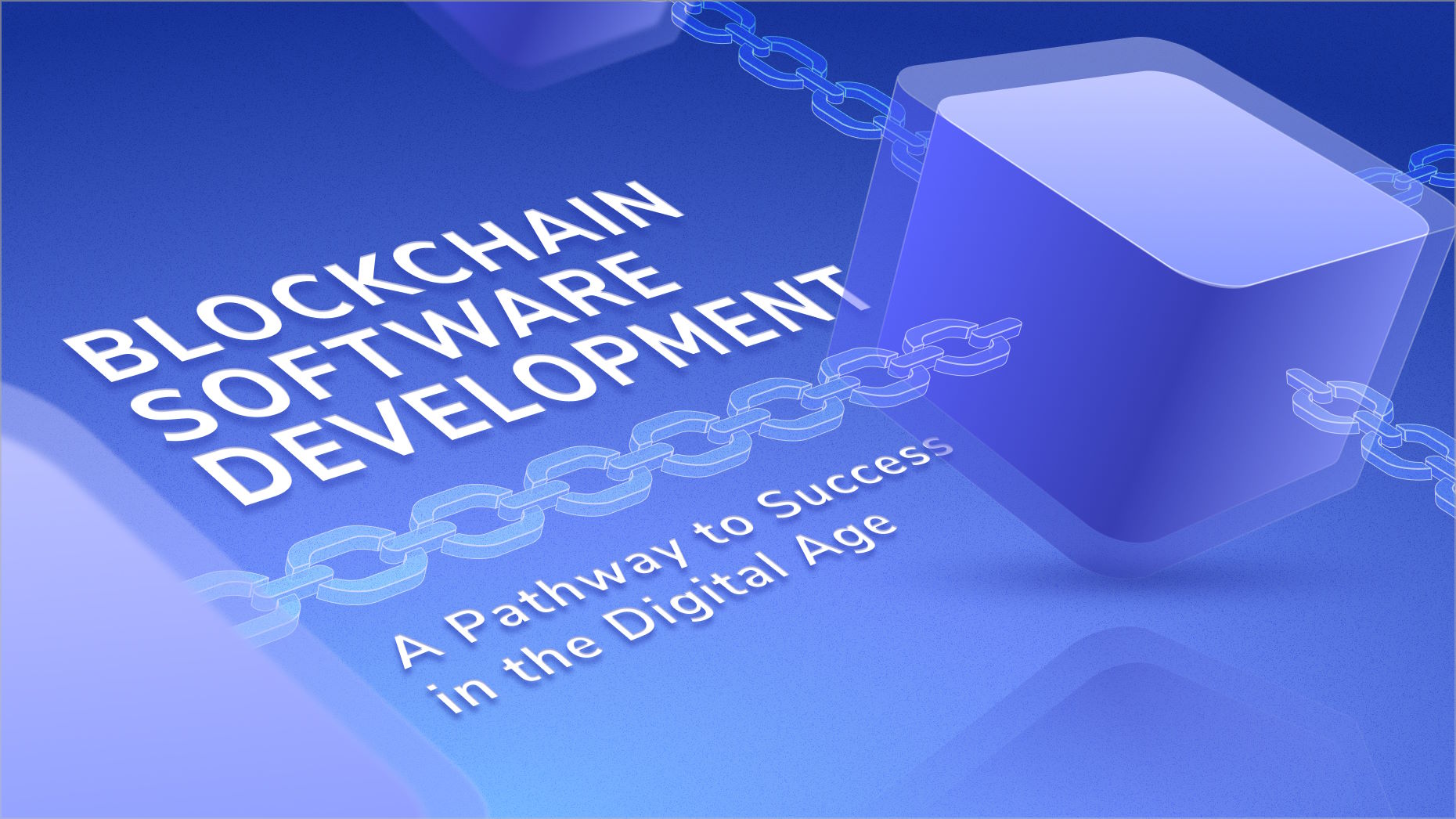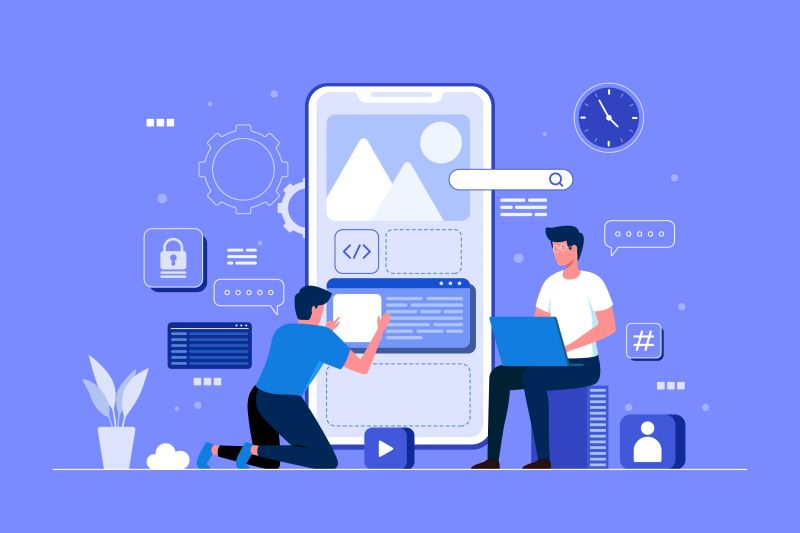In the world of Learning Management Systems (LMS), ensuring effective and flexible learning experiences is crucial. One way to achieve this is by using Experience API, commonly known as xAPI. This powerful tool can significantly enhance how learning is tracked and managed within an LMS. Let’s explore some of the key benefits of using xAPI in LMS development.
1. Detailed Tracking of Learning Activities
xAPI allows for the tracking of a wide range of learning experiences, not just the ones that happen within the LMS. Whether a learner is attending a webinar, reading an article, or even participating in a discussion forum, xAPI can capture all these activities. This level of detailed tracking provides a comprehensive view of a learner’s progress, helping educators and administrators understand how different learning experiences contribute to overall development.
2. Flexibility in Data Collection
Unlike traditional tracking methods, xAPI is not limited to online courses. It can collect data from various sources, including mobile apps, simulations, social media, and even offline activities. This flexibility ensures that learning is not confined to a specific platform or environment, allowing learners to engage in activities that suit their learning styles and preferences.
3. Improved Data Analysis
The data collected by xAPI is detailed and versatile, enabling better analysis of learning outcomes. Educators can analyze this data to identify trends, strengths, and areas needing improvement. This insight allows for the creation of more personalized learning experiences, tailored to meet the needs of individual learners. Additionally, organizations can use this data to measure the effectiveness of their training programs and make informed decisions about future learning initiatives.
4. Enhanced Interoperability
xAPI is designed to work with various systems and platforms. This means it can easily integrate with other tools and technologies used within an organization. For example, data collected through xAPI can be shared across different learning platforms, enabling a seamless learning experience. This interoperability ensures that learners have access to a cohesive and consistent learning environment, regardless of the tools they are using.
5. Support for Offline Learning
One of the standout features of xAPI is its ability to track offline learning activities. Learners can engage in learning experiences without being connected to the internet, and their progress will still be recorded. Once they reconnect, the data is synced with the LMS, ensuring that no learning experience is lost. This feature is especially beneficial for learners who may not have consistent access to the internet.
6. Future-Proofing Learning Systems
xAPI is designed to adapt to the evolving needs of learners and organizations. As new technologies and learning methods emerge, xAPI can easily be integrated to support these changes. This future-proofing ensures that your LMS remains relevant and effective in delivering learning experiences, even as the learning landscape continues to evolve.
Conclusion
Incorporating xAPI into your LMS development offers numerous benefits, including detailed tracking, enhanced data analysis, and greater flexibility. By leveraging xAPI, you can create a more engaging, personalized, and effective learning environment. For organizations looking to stay ahead in the evolving educational landscape, investing in LMS development services that integrate xAPI can ensure a richer and more diverse learning experience, ultimately leading to better outcomes for learners and the organization alike.




